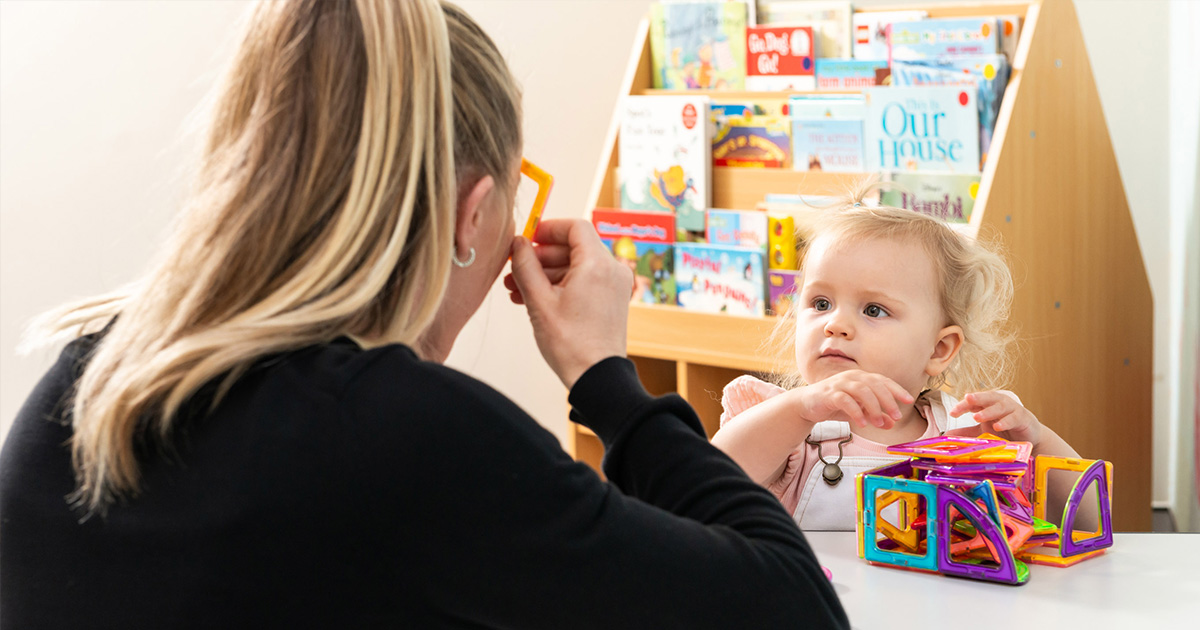Search
Showing results for "Au"
Research
Delayed airway epithelial repair is correlated with airway obstruction in young adults born very pretermNasal epithelial cells from young adults with a history of very preterm birth show delayed closure following scratch-wounding. Repair correlated with lung function, suggesting epithelial barrier integrity may play a role in preterm-associated lung disease.
Research
Nasal airway epithelial repair after very preterm birthNasal epithelial cells from very preterm infants have a functional defect in their ability to repair beyond the first year of life, and failed repair may be associated with antenatal steroid exposure.
Research
Early motor function of children with autism spectrum disorder: A systematic reviewEarly motor impairments have been reported in children with neurodevelopmental disorders (NDD), but it is not clear if early detection of motor impairments can identify children at risk for NDD or how early such impairments might be detected. Our aim was to characterize early motor function in children later diagnosed with NDD relative to typically developing children or normative data.
Research
Living with lung disease: experimental models to assess the long-term effects of prematurityLaboratory models provide an important tool in helping to understand the cellular and molecular drivers of respiratory disease. Many animal models exist that model the neonatal outcomes of preterm birth.
Research
The measurement properties of tests and tools used in cystic fibrosis studies: a systematic reviewThere is no consensus on how best to measure responses to interventions among children and adults with cystic fibrosis (CF). We have systematically reviewed and summarised the characteristics and measurement properties of tests and tools that have been used to capture outcomes in studies among people with CF, including their reliability, validity and responsiveness. This review is intended to guide researchers when selecting tests or tools for measuring treatment effects in CF trials. A consensus set of these tests and tools could improve consistency in how outcomes are captured and thereby facilitate comparisons and synthesis of evidence across studies.
Research
Novel method to select meaningful outcomes for evaluation in clinical trialsA standardised framework for selecting outcomes for evaluation in trials has been proposed by the Core Outcome Measures in Effectiveness Trials working group. However, this method does not specify how to ensure that the outcomes that are selected are causally related to the disease and the health intervention being studied. Causal network diagrams may help researchers identify outcomes that are both clinically meaningful and likely to be causally dependent on the intervention, and endpoints that are, in turn, causally dependent on those outcomes.
Research
Systematic Review and Meta-analysis: Early Irritability as a Transdiagnostic Neurodevelopmental Vulnerability to Later Mental Health ProblemsIrritability is a transdiagnostic indicator of child and adolescent internalizing and externalizing problems that is measurable from early life. The objective of this systematic review was to determine the strength of the association between irritability measured from 0 to 5 years and later internalizing and externalizing problems, to identify mediators and moderators of these relationships, and to explore whether the strength of the association varied according to irritability operationalization.
Research
Transplacental immune modulation with a bacterial-derived agent protects against allergic airway inflammationThese data provide proof of concept supporting the rationale for developing transplacental immune reprogramming approaches for primary disease prevention
Research
Maternal Serum Vitamin D Levels During Pregnancy and Offspring Neurocognitive DevelopmentNew research links poor language to lack of Vitamin D in womb.

News & Events
World Autism Day: Championing inclusion through research, resources, and supportToday, on World Autism Day, we embrace the theme Celebrating Differences, recognising the unique strengths, perspectives, and contributions of autistic individuals.
